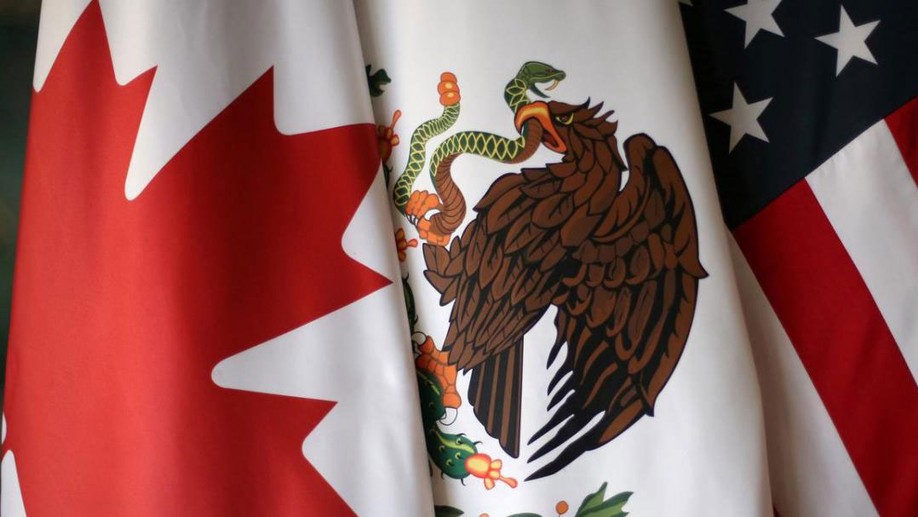In 2016, Mexico initiated a school-linked social insurance policy, providing more than 6 million public high school students with basic medical benefits through the national social insurance institution (IMSS). This policy is especially pertinent in a context where 60% of Mexico’s workforce is employed informally, and policymakers and international institutions commonly worry that social protections not linked to formal employment might incentivize informality. With significant state-level heterogeneity in informality rates ranging from 40% to 80%, this paper combines differences across cohorts in exposure to the policy with differences across states in initial informality conditions to scrutinize the policy’s impact on early labor market outcomes. The results indicate that in states with higher initial informality rates, exposed cohorts exhibit increased labor force participation and formality rates. Specifically, a 1 percentage point rise in initial state informality is associated with a 0.8 to 1.3 percentage point increase in formality among the impacted groups. The policy does not significantly influence school enrollment or monthly income, and its effects are not gender-specific. While the formalization effect recedes post COVID-19, I find no evidence that the policy skews young workers toward informality in the early stages of their labor trajectories.




